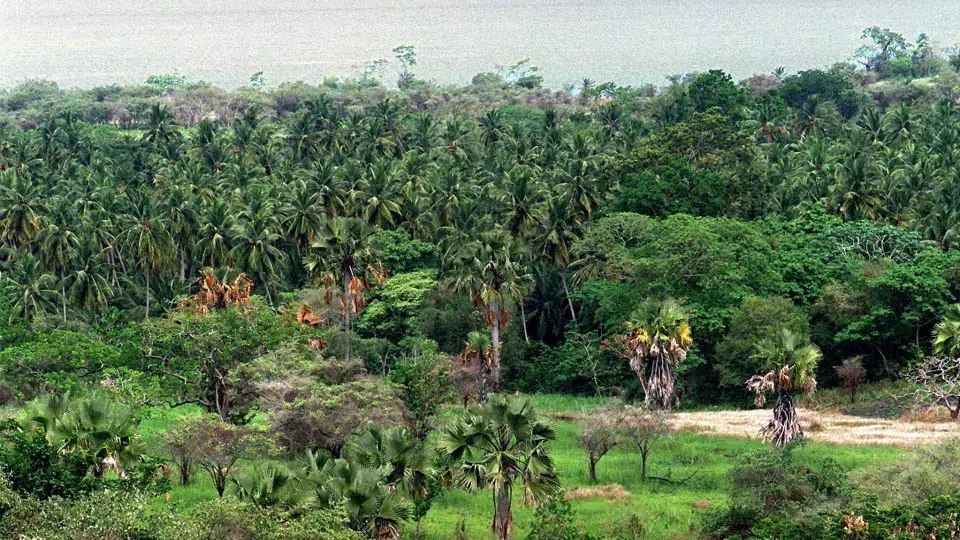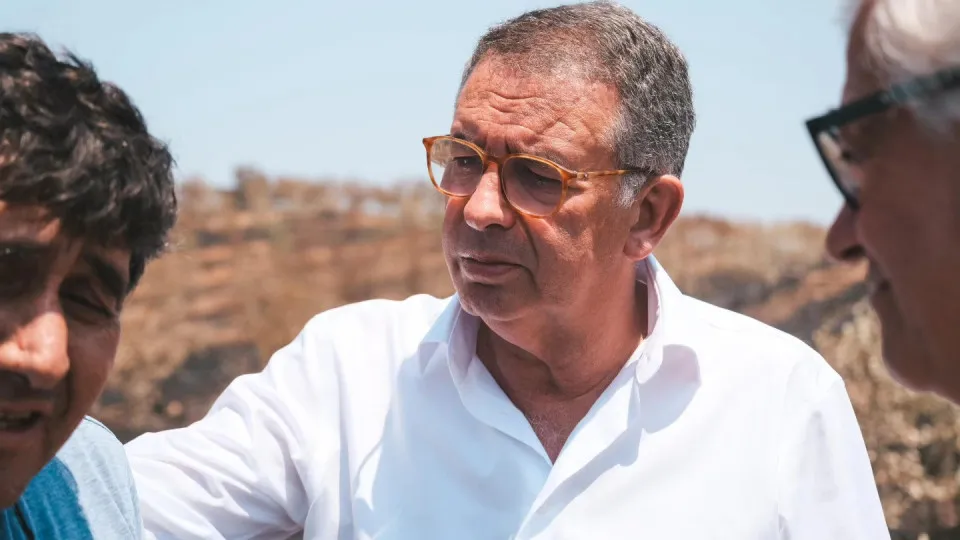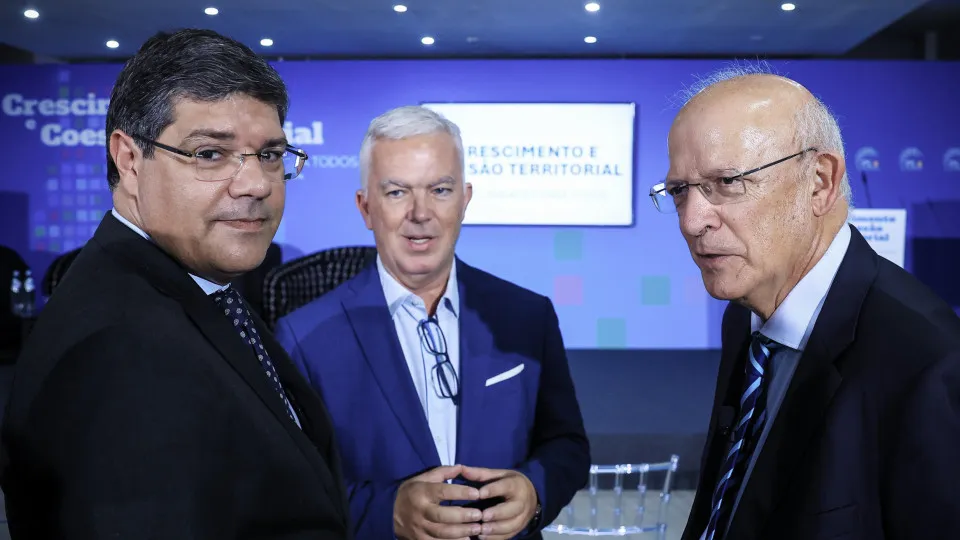
The first analytical report of the Tourism Satellite Account and initial estimates of tourism’s contribution indicate it accounts for 11% of GDP and 10% of Gross Value Added (GVA), paving the way for validation phases and political dialogue, according to a statement from the United Nations Economic Commission for Africa (UNECA) released today.
The Lusophone archipelago will host a seminar at the end of this month focused on accounting for tourism in GDP, aiming to “accurately measure” this sector’s contribution to national wealth, as part of the Tourism Satellite Account Development Project.
The seminar organized by UNECA is described as a crucial milestone in the project’s second phase, designed to provide São Tomé and Príncipe with a strategic tool to precisely measure tourism’s real contribution to national wealth, thereby positioning the sector as a key lever for economic diversification and sustainable development.
The event will gather government authorities, development partners, academics, the private sector, and civil society to foster political and institutional ownership of the satellite account and ensure data-driven tourism becomes an integral part of the country’s economic diversification priorities, UNECA states.
This project, launched in 2024, enabled national experts to produce the country’s first Tourism Satellite Accounts, with an initial estimate of GDP contribution presented at the most recent meeting last month.
Developed through close collaboration between ECA, national institutions, and UN partners, São Tomé and Príncipe’s first Tourism Satellite Account represents a solid analytical foundation to accurately capture the true economic value of tourism, guiding public and private investment toward inclusive and sustainable growth.
Tourism is a strategic priority for the archipelago, reflected in the National Sustainable Development Strategy 2026-2040, which focuses on sustainable tourism and will be presented at the Investment Forum scheduled for December in Brussels, the local government recently announced.
Last year, the archipelago set a record by receiving 41,000 tourists, providing employment to approximately 14% of the population, according to the UN.




